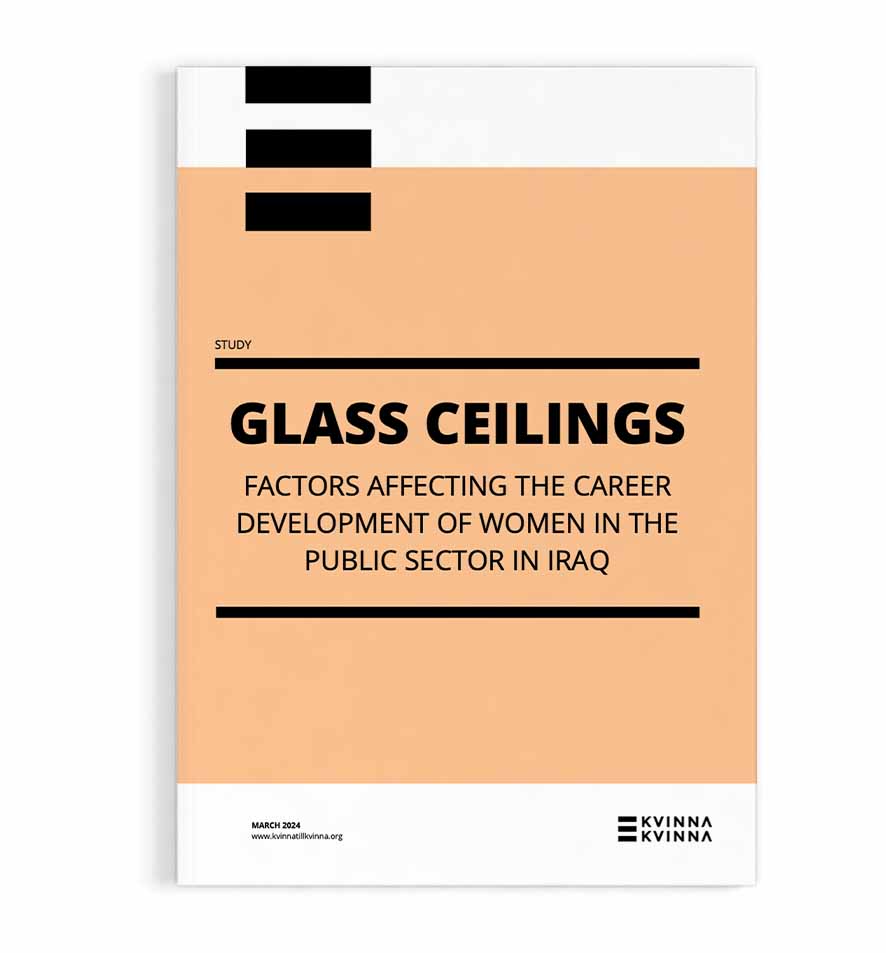Iraq is highly dependent on oil, with over 99% of exports and 85% of the budget tied to oil revenues. This reliance makes the economy vulnerable to market shocks and limits fiscal flexibility. Despite some recovery, structural issues—such as poor public investment, delayed wage payments, and banking sector risks—persist, compounded by political instability and corruption. The Iraq White Paper offers reform plans, but capacity gaps and political developments may hinder progress.
Women’s economic participation in Iraq remains among the lowest globally due to cultural norms, discrimination, limited job opportunities, and security challenges. Many women work in government institutions, seen as safer and more stable. This study, informed by dialogue with Iraqi women, aims to shed light on their working conditions in the public sector. It supports ongoing research into women’s economic empowerment in Iraq and the wider MENA region.
